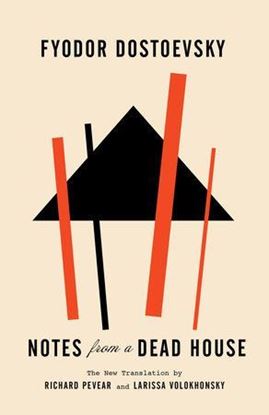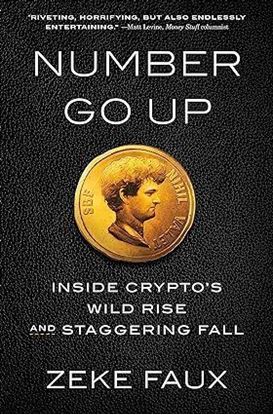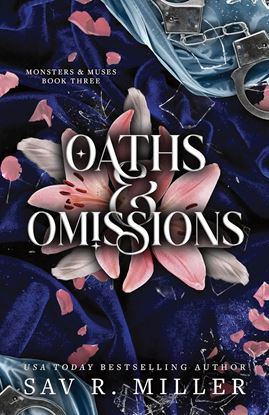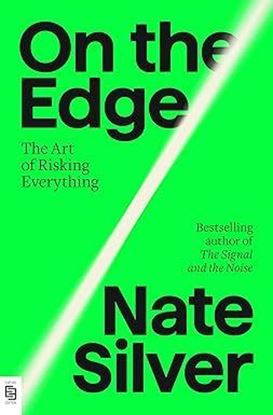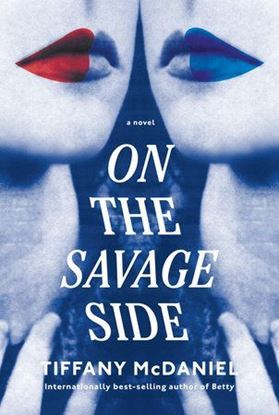

NOTES FROM A DEAD HOUSE
In 1849, Dostoevsky was sentenced to four years at hard labor in a Siberian prison camp for participating in a socialist discussion group. The novel he wrote after his release, based on notes he smuggled out, not only brought him fame, but also founded the tradition of Russian prison writing. Notes from a Dead House (sometimes translated as The House of the Dead) depicts brutal punishments, feuds, betrayals, and the psychological effects of confinement, but it also reveals the moments of comedy and acts of kindness that Dostoevsky witnessed among his fellow prisoners.
1,200
NUMBER GO UP
Account of the crypto delusion, and how Sam Bankman-Fried and a cast of fellow nerds and hustlers turned useless virtual coins into trillions of dollars hailed by Ezra Klein.In 2021 cryptocurrency went mainstream. Giant investment funds were buying it, celebrities like Tom Brady endorsed it, and TV ads hailed it as the future of money. Hardly anyone knew how it worked—but why bother with the particulars when everyone was making a fortune from Dogecoin, Shiba Inu, or some other bizarrely named “digital asset”?
1,250
OATHS AND OMISSIONS
Lenny Primrose has lived her entire life as her rich father's puppet. Now, at twenty-three, she's no longer interested in playing his games. Unfortunately, the only way to avoid being married off to one of her father's business partners is to involve the man he fears most: the British assassin who almost killed him.
Jonas Wolfe would be content to never be in the same room as a Primrose ever again. His days are filled with contracted murder and running his pub anything to keep from sitting around thinking about his one failed mission.
But when Lenny commits a rash crime, Jonas steps in to help, and extracting himself from her family becomes impossible.
1,150
OLD BABES IN THE WOOD
The two intrepid sisters of the title story grapple with loss and memory on a perfect summer evening; “Impatient Griselda” explores alienation and miscommunication with a fresh twist on a folkloric classic; and “My Evil Mother” touches on the fantastical, examining a mother-daughter relationship in which the mother purports to be a witch. At the heart of the collection are seven extraordinary stories that follow a married couple across the decades, the moments big and small that make up a long life of uncommon love—and what comes after.
995
ON THE EDGE (EXP)
In the bestselling The Signal and the Noise, Nate Silver showed how forecasting would define the age of Big Data. Now, in this timely and riveting new book, Silver investigates “the River,” the community of like-minded people whose mastery of risk allows them to shape—and dominate—so much of modern life.
These professional risk-takers—poker players and hedge fund managers, crypto true believers and blue-chip art collectors—can teach us much about navigating the uncertainty of the twenty-first century. By immersing himself in the worlds of Doyle Brunson, Peter Thiel, Sam Bankman-Fried, Sam Altman, and many others, Silver offers insight into a range of issues that affect us all, from the frontiers of finance to the future of AI.
Most of us don’t have traits commonly found in the River: high tolerance for risk, appreciation of uncertainty, affinity for numbers—paired with an instinctive distrust of conventional wisdom and a competitive drive so intense it can border on irrational. For those in the River, complexity is baked in, and the work is how to navigate it. People in the River have increasing amounts of wealth and power in our society, and understanding their mindset—and the flaws in their thinking— is key to understanding what drives technology and the global economy today.
Taking us behind the scenes from casinos to venture capital firms, and from the FTX inner sanctum to meetings of the effective altruism movement, On the Edge is a deeply reported, all-access journey into a hidden world of power brokers and risk-takers.
1,450
ON THE SAVAGE SIDE (MREXP)
Arcade and Daffodil are twins born one minute apart. With their fiery red hair and thirst for escape, they form an unbreakable bond nurtured by their grandmother’s stories. Together, they disappear into their imaginations and forge a world all their own.
But what the two sisters can’t escape are the generational ghosts that haunt their family. Growing up in the shadow of their rural Ohio town, the sisters cling tightly to one another. Years later, Arcade wrestles with the memories of her early life, just as a local woman is discovered drowned in the river. Soon, more bodies are found. As her friends disappear around her, Arcade is forced to reckon with the past while the killer circles closer. Arcade’s promise to keep herself and her sister safe becomes increasingly desperate and the powerful riptide of the savage side becomes more difficult to survive.
Drawing from the true story of women killed in Chillicothe, Ohio, acclaimed novelist and poet Tiffany McDaniel has written a moving literary testament and fearless elegy for missing women everywhere.
950

